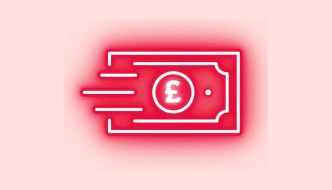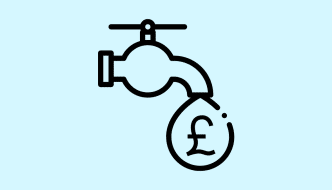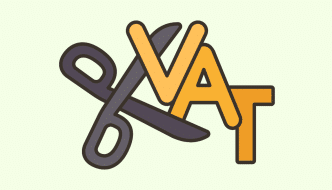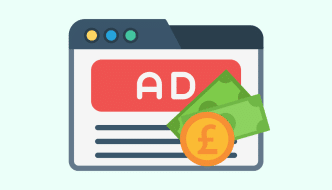Skint Dad is the destination online where every penny counts.
Whether you’re looking to cut back on your food bill, save for a rainy day, or find inventive ways to up your income, Skint Dad has the answer.
Here you will find articles, guides, and consumer news enabling you to make the most of your money.
Latest articles

Tesco clothing sale 2024 – 25% off F&F sale dates

Is it ok to haggle at a charity shop? Let’s hear from the community

The £500 Tesco gift card email scam: how to spot it and stay safe

10 rare books worth an absolute fortune

Not a scam: the Met Police text you don’t want to ignore

11 easy ways to make money fast

Water bills on the rise: how to save money despite the 6% hike

9 everyday items you didn’t know were hit with VAT

Latest Co-op £5 Frozen Meal Deal (May 2024)

Aldi Baby Event dates 2024

Freddo for 10p! Chocolate prices slashed at Sainsbury’s!

Latest Morrisons Cafe offers and deals 2024

6 legit ways to watch ads for money (UK edition)

9 ways to get paid for searching the web

These YouTube tutorials will save you money – fact!

25% off wine: supermarket wine offers and cheap deals

Top 10 scams duping kids and teens in 2024 – is your child at risk?

Dump your Dominos! Iceland is giving you £15 for pizza!

How to make money online in the UK today – 20 genuine ideas
Enjoying our content? Why not also sign up to receive our newsletter.
We send out all the best money saving news and tips from the site, and as an added bonus you'll get an exclusive £16 cashback from Quidco (new members only)

